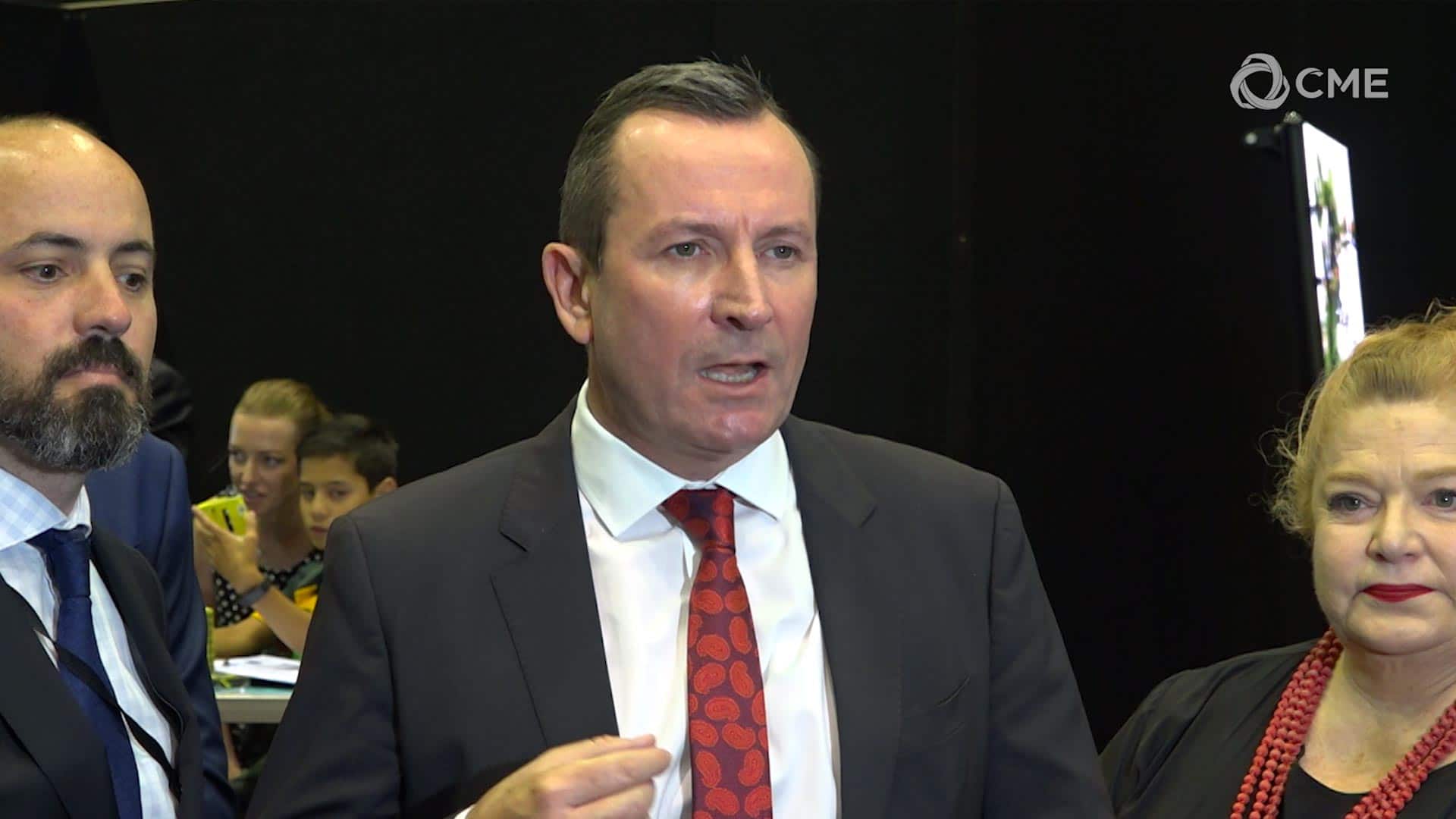Western Australia will be at significant risk of losing its title as the world’s most attractive place for mining investment if new leader of the Nationals WA, Brendon Grylls, pursues the implementation of his mining tax.
Earlier this year, highly respected think-tank the Fraser Institute named Western Australia as the location providing the best combination of factors for companies to invest funds in the resources sector, taking into account geological attractiveness and government policy.
But CME chief executive Reg Howard-Smith said confidence in Western Australia’s reputation as a mining investment hub would be severely dented if Mr Grylls’ plan to tax BHP Billiton and Rio Tinto was implemented.
“What Mr Grylls hasn’t factored in here is the damage this would do to our superior reputation as a world leader for mining investment,” Mr Howard-Smith said.
“At a time when all companies are focused on innovation and lowering production costs to remain competitive, Mr Grylls wants to impose significant additional government charges on two of the state’s major financial contributors.
“While Mr Grylls’ short-sighted plan to tax BHP Billiton and Rio Tinto is only in its infancy, the suggestion of increasing discriminatory government charges on specific companies is a strong deterrent to investment.
“The focus of our policy makers needs to be on how we make our industry more internationally competitive and more productive – not less so.”
Mr Grylls needs to clearly explain his plan. It is understood he proposes BHP Billiton and Rio Tinto would be taxed a set rate of $5 per tonne of iron ore mined in Western Australia. This is separate and in addition to the 7.5 per cent royalty rate paid on each tonne of iron ore, the value of which is exposed to fluctuations in the spot price.
“There is potential for the majority of any increase in the amount collected from these miners to then go straight to the eastern states by way of GST redistributions within a three year period,” Mr Howard-Smith said.
“At a point in time when we should be encouraging a new pipeline of projects, Mr Grylls is suggesting increased costs, which will likely impede the flow of investment.
“Not only would the plan be detrimental to Western Australia’s international economic standing but competitors would revel in the news.”
In 2016/17, mining royalties are estimated to account for 15 per cent of total revenue for the Western Australian Government, a substantial increase from 10 years ago when royalties accounted for just five per cent of revenue. Iron ore miners pay 90 per cent of those royalties.


